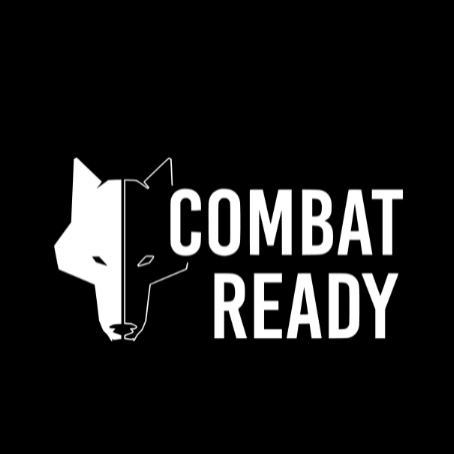Communicating under pressure: tips from military veterans
Effective communication is a critical skill for leaders in any high-stakes environment. The ability to convey clear, concise, and timely information can be the difference between success and failure. In the corporate world, just as on the battlefield, pressure can mount quickly, making it essential for leaders to communicate effectively under stress.
Military veterans are often recognized for their exceptional ability to handle stress and communicate decisively in life-or-death situations. Their experiences provide valuable insights for corporate leaders looking to enhance their communication skills in high-pressure scenarios.
Core Principles of Communication in Stressful Situations
When the stakes are high, clarity in communication becomes paramount. Messages must be straightforward and free of ambiguity to ensure that everyone understands the directives and can act accordingly.
Maintaining a calm demeanor helps to instill confidence in your team and prevents the spread of panic. Composure allows for rational decision-making and clear communication.
Assertiveness is necessary to be heard and understood, but it must be balanced with respect and professionalism to avoid crossing into aggressiveness, which can be counterproductive.
Strategies for Effective Communication Under Pressure
Anticipating potential stressors and planning communication strategies in advance can greatly improve performance under pressure. Knowing your message and how to convey it effectively is half the battle.
Tactical breathing, a technique used by military personnel to stay calm under pressure, can also be applied in the corporate setting to help leaders maintain their composure during critical conversations.
After-action reviews, or debriefs, are a staple in military practice. They provide an opportunity to analyze what went well and what didn't, fostering a culture of continuous improvement in communication.
Adapting Military Communication Techniques to the Corporate World
In the military, clear lines of authority facilitate efficient communication. Similarly, in the corporate world, understanding the chain of command and ensuring that everyone knows their role in communication is crucial.
The ability to adapt to changing circumstances is vital. Military veterans excel at adjusting their communication style to suit the situation, a skill that is equally valuable in the corporate arena.
Strong communication fosters team unity and resilience, enabling groups to work together seamlessly, especially when under pressure.
Developing Your Personal Communication Strategy
Self-assessment is the first step in improving communication skills. Leaders must be aware of their strengths and areas for development to create a targeted improvement plan.
Setting specific, measurable, achievable, relevant, and time-bound (SMART) goals can help leaders track their progress and stay motivated to enhance their communication skills.
Improving communication under pressure is an ongoing process. Regular practice and seeking feedback are essential for continuous improvement and mastery of the skill.






Comments (0)